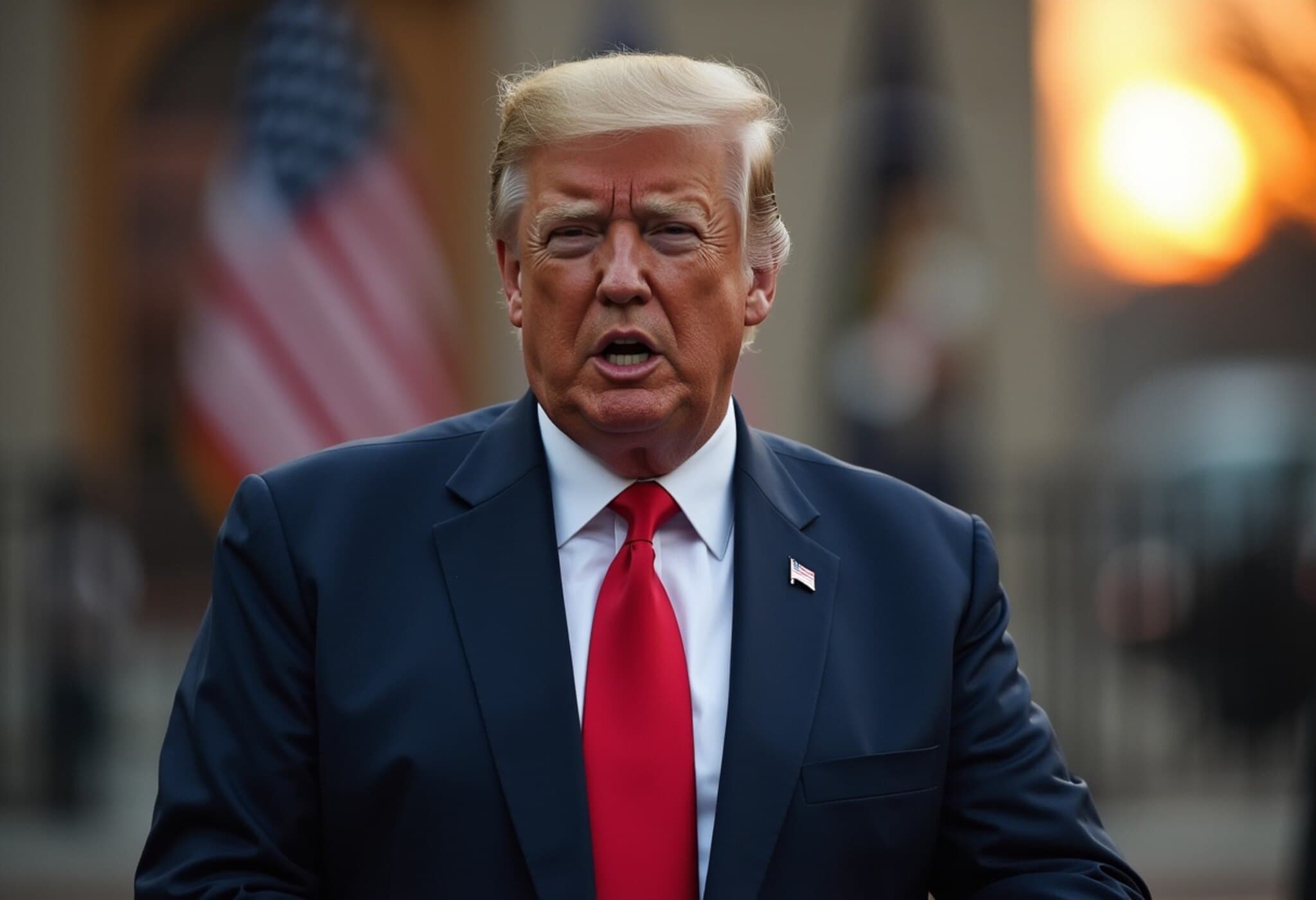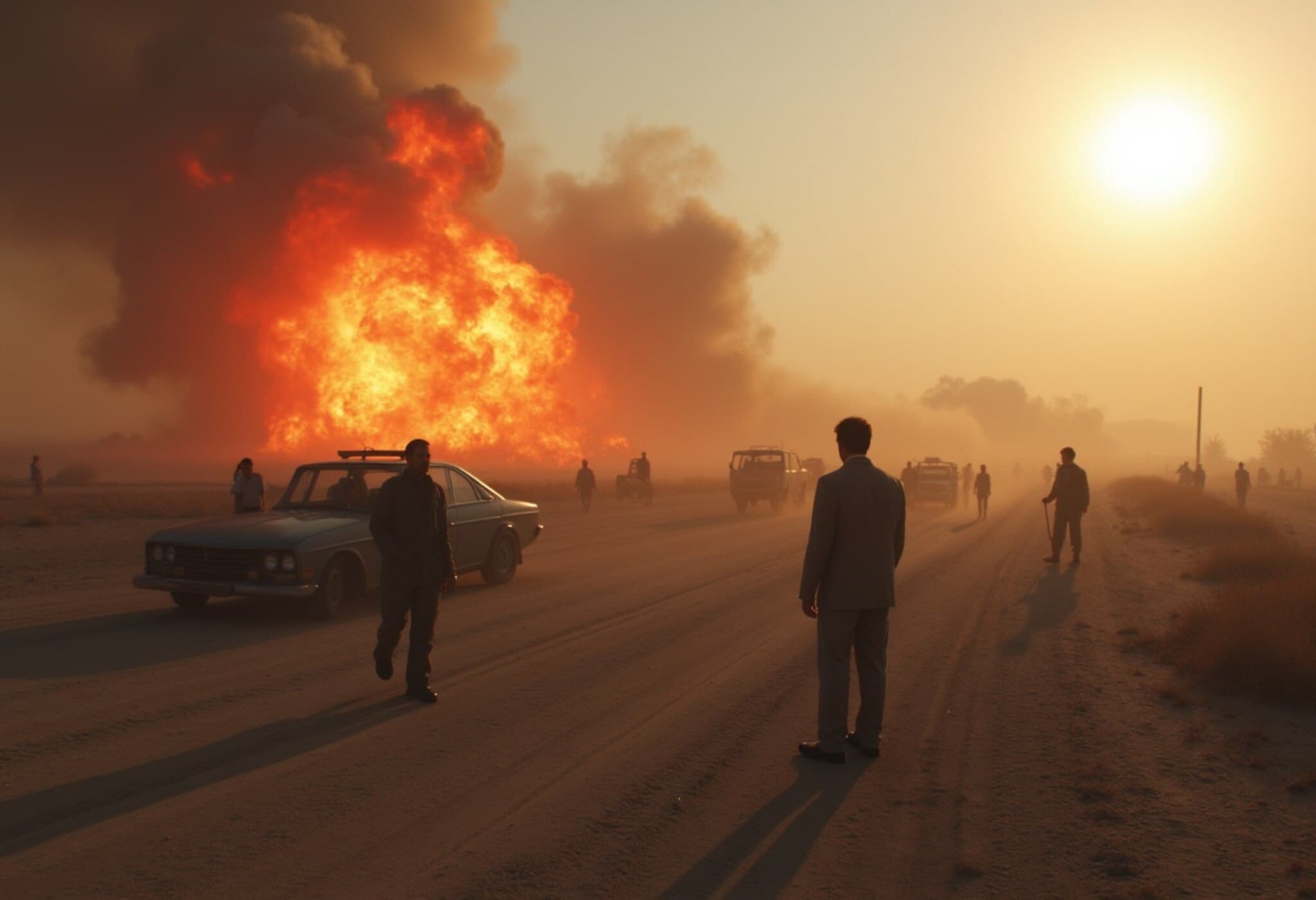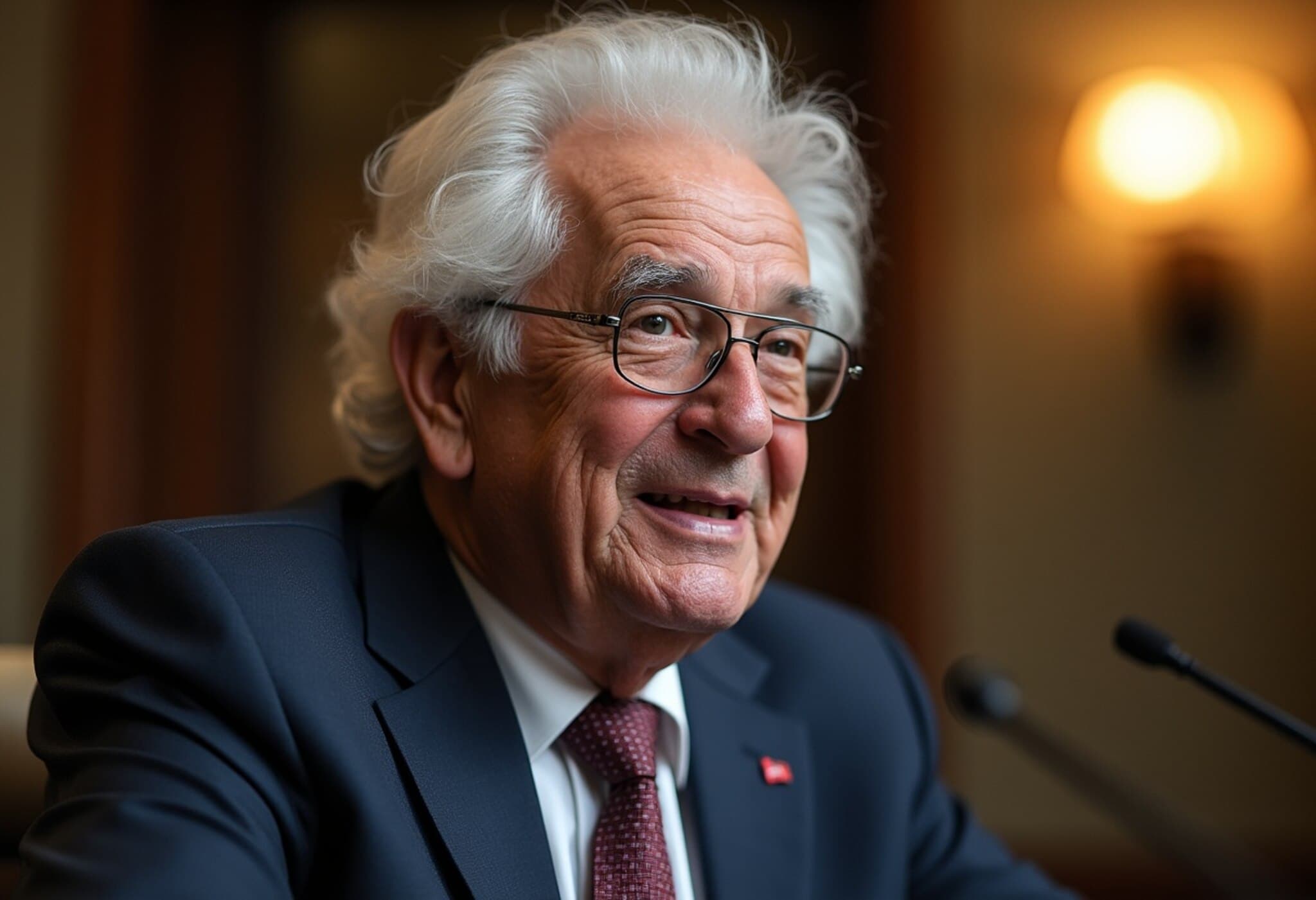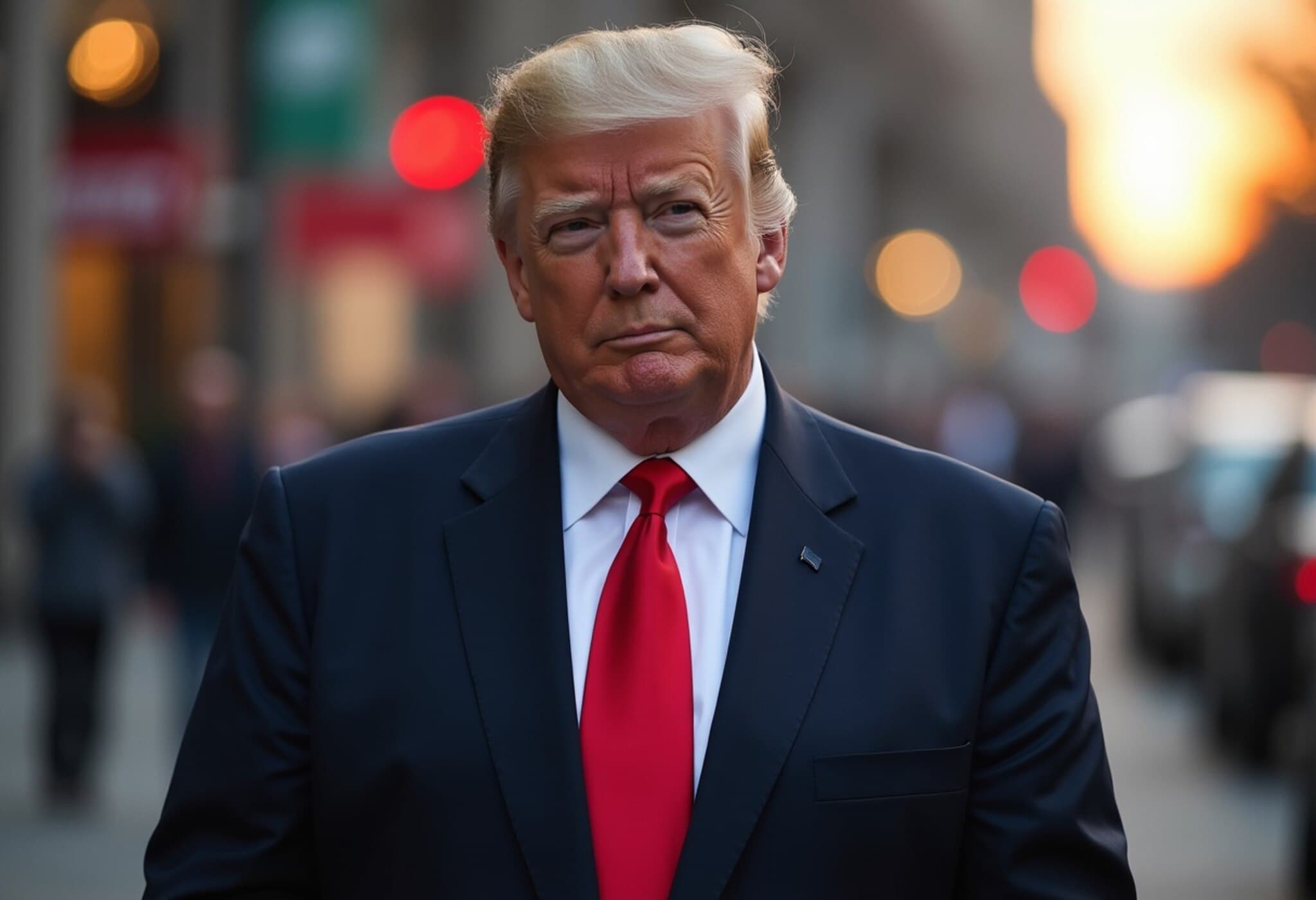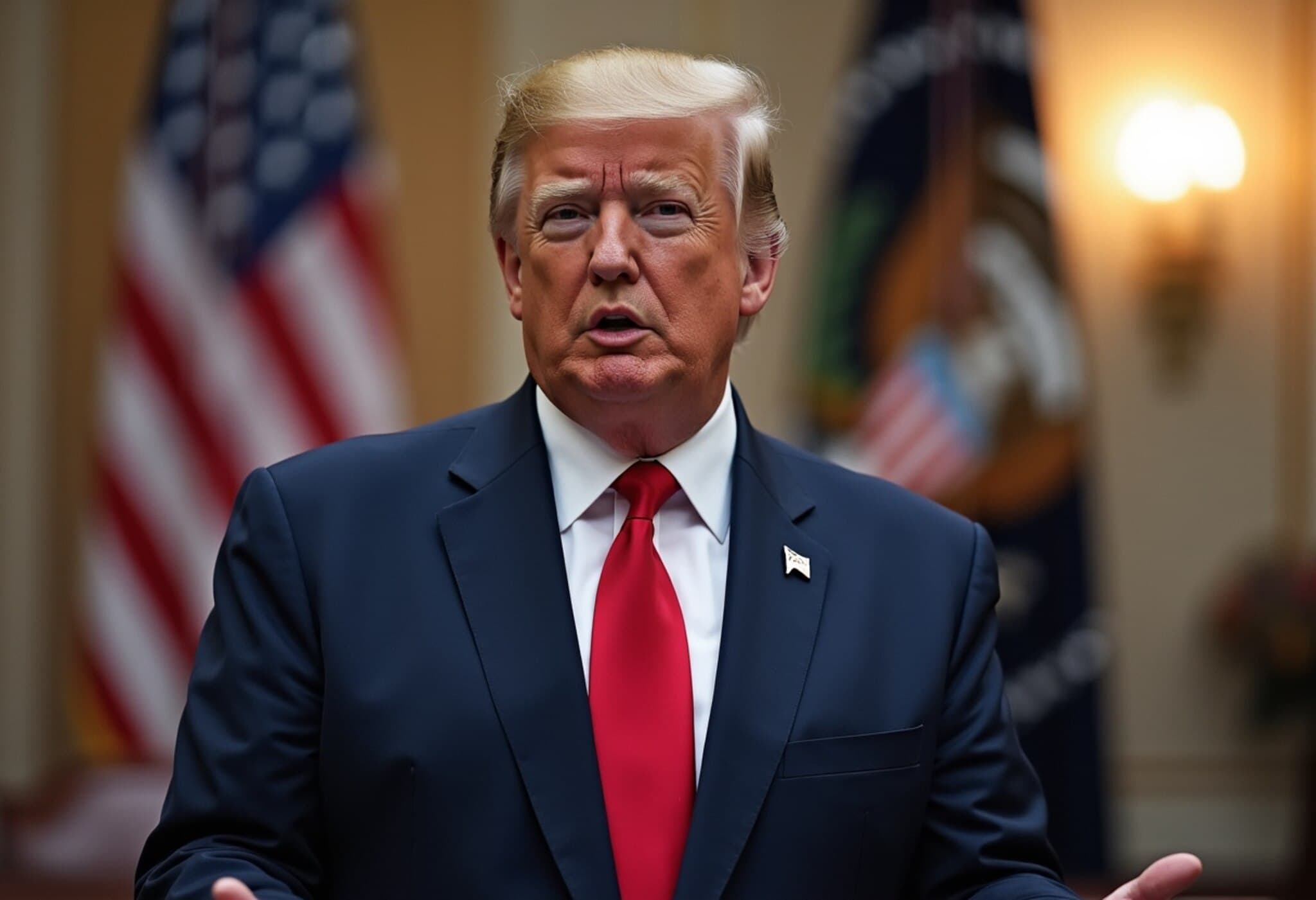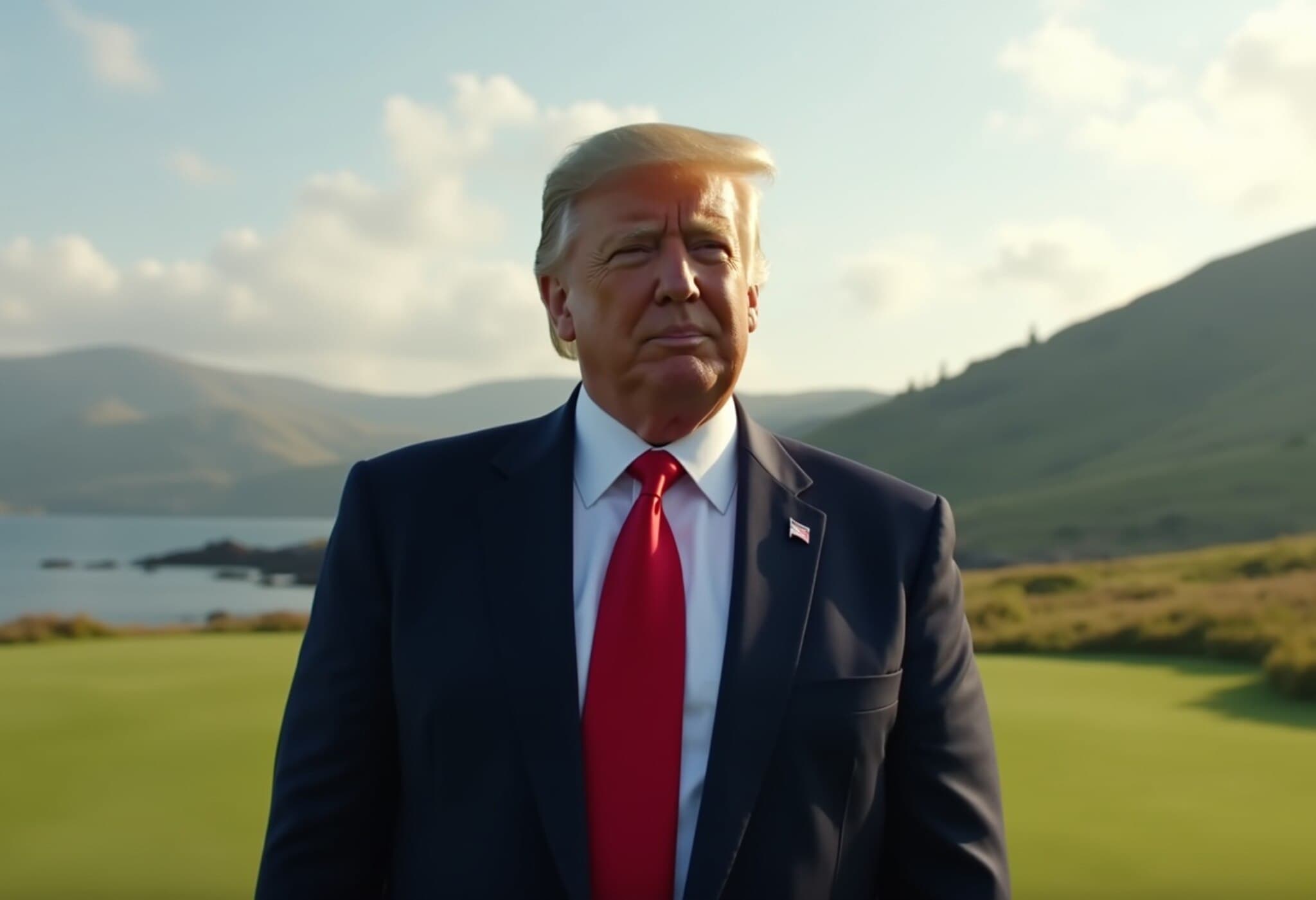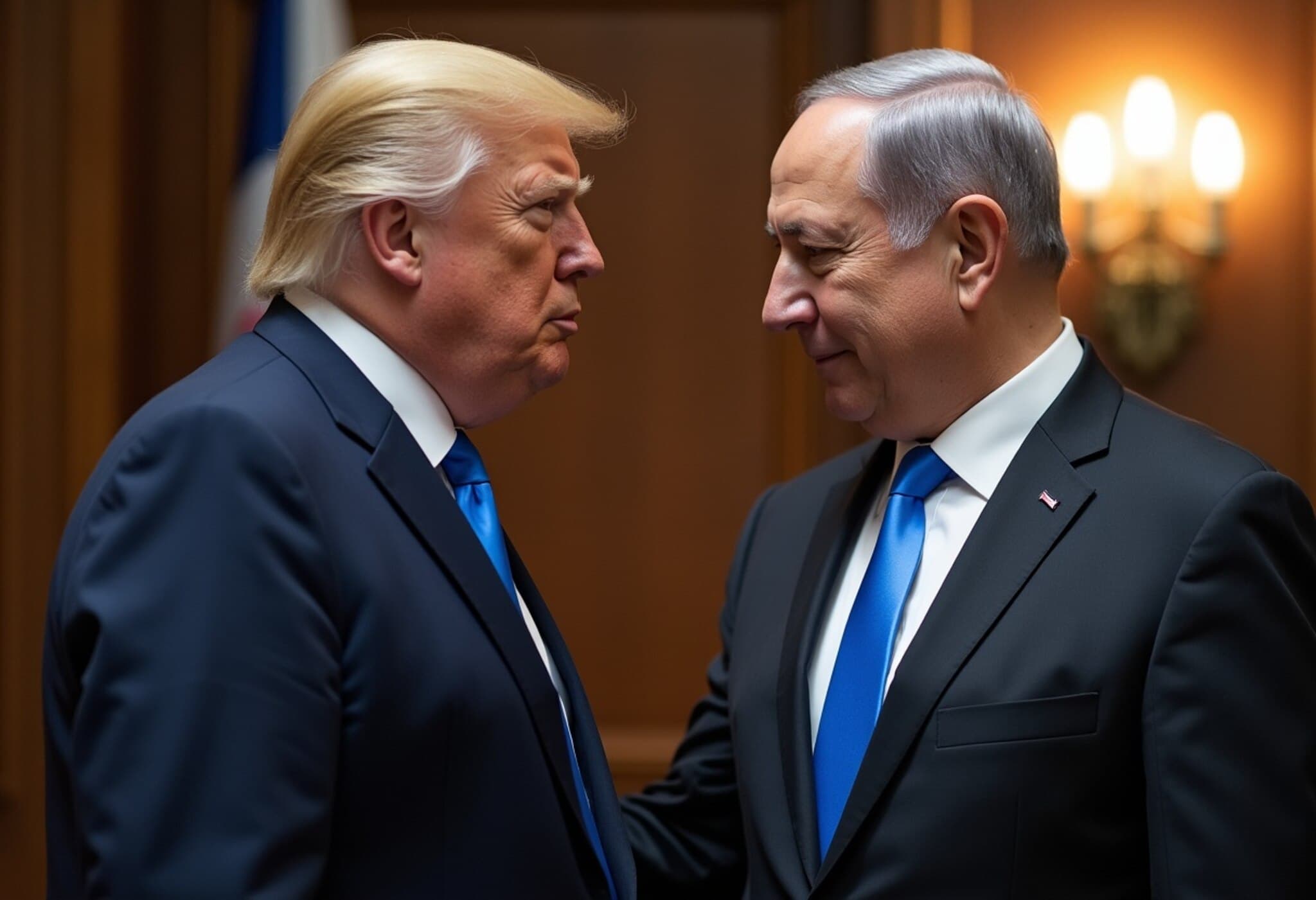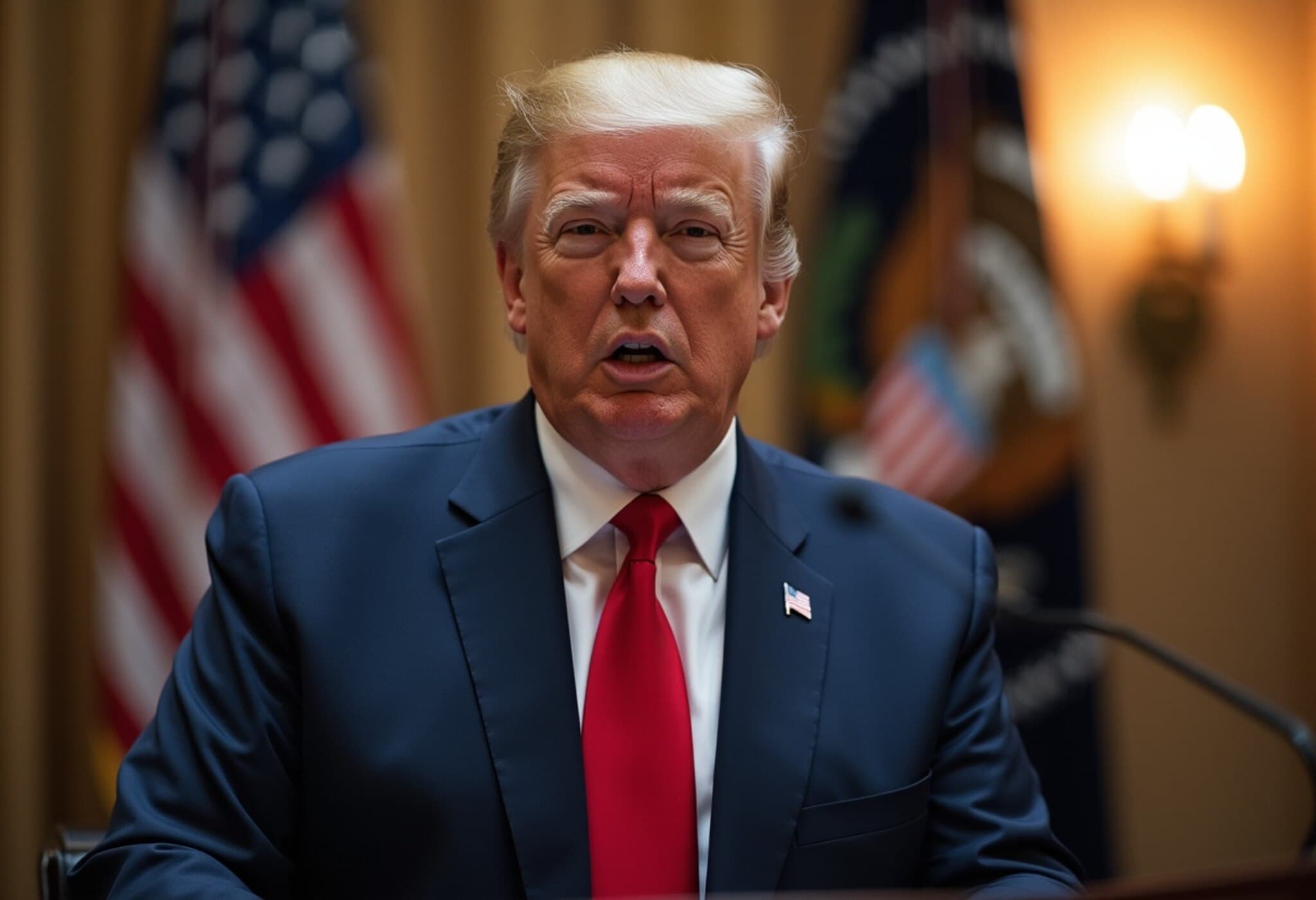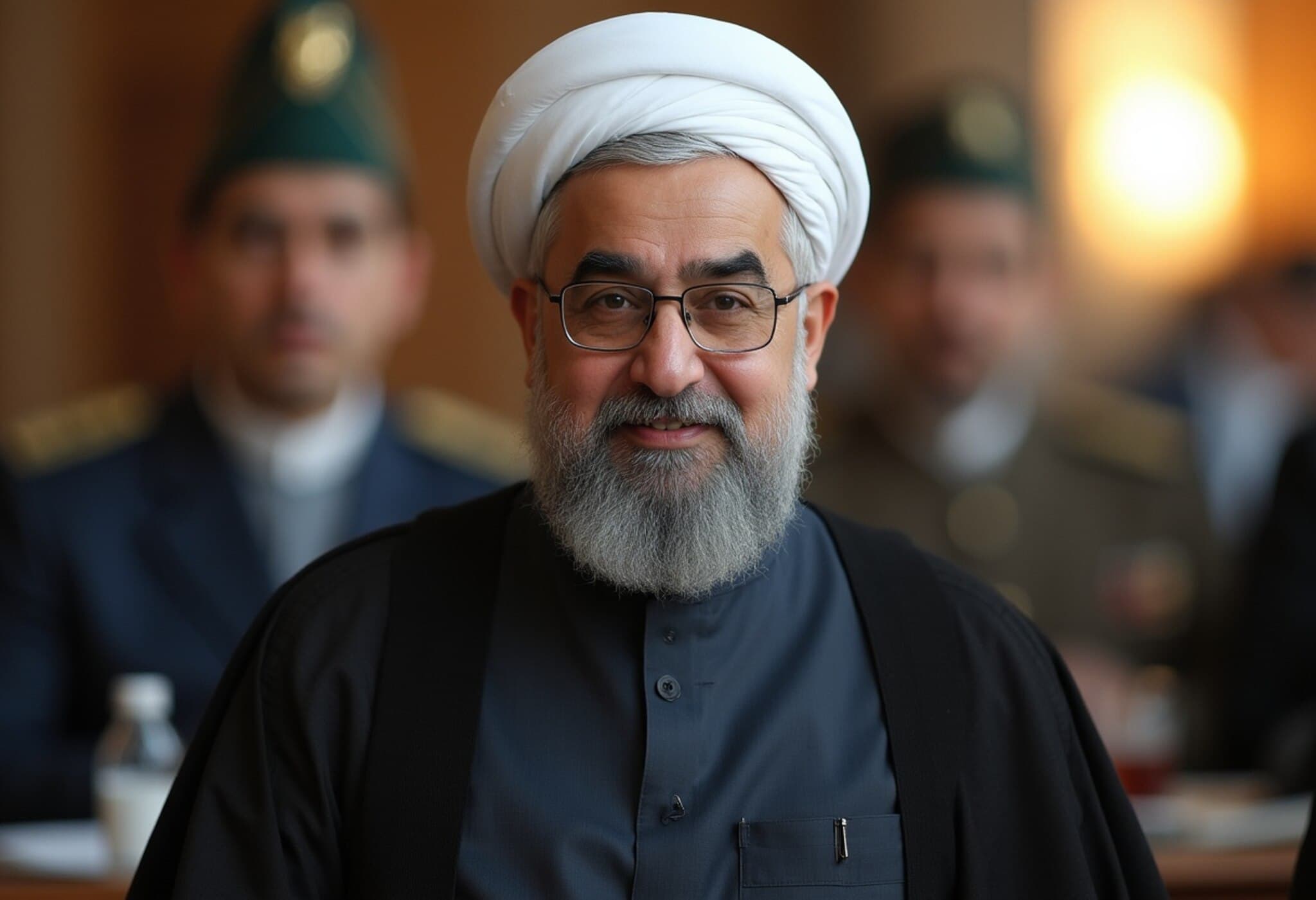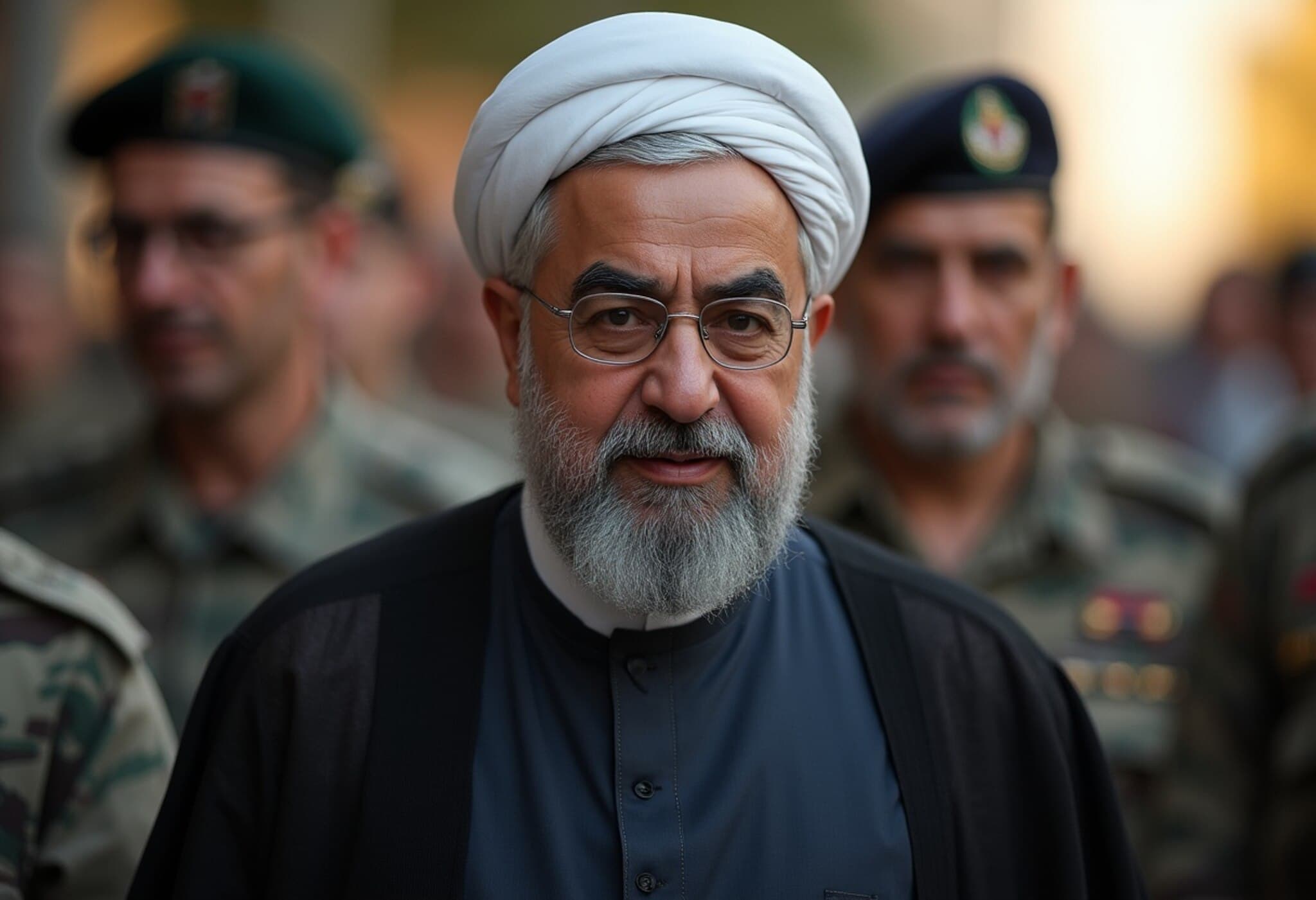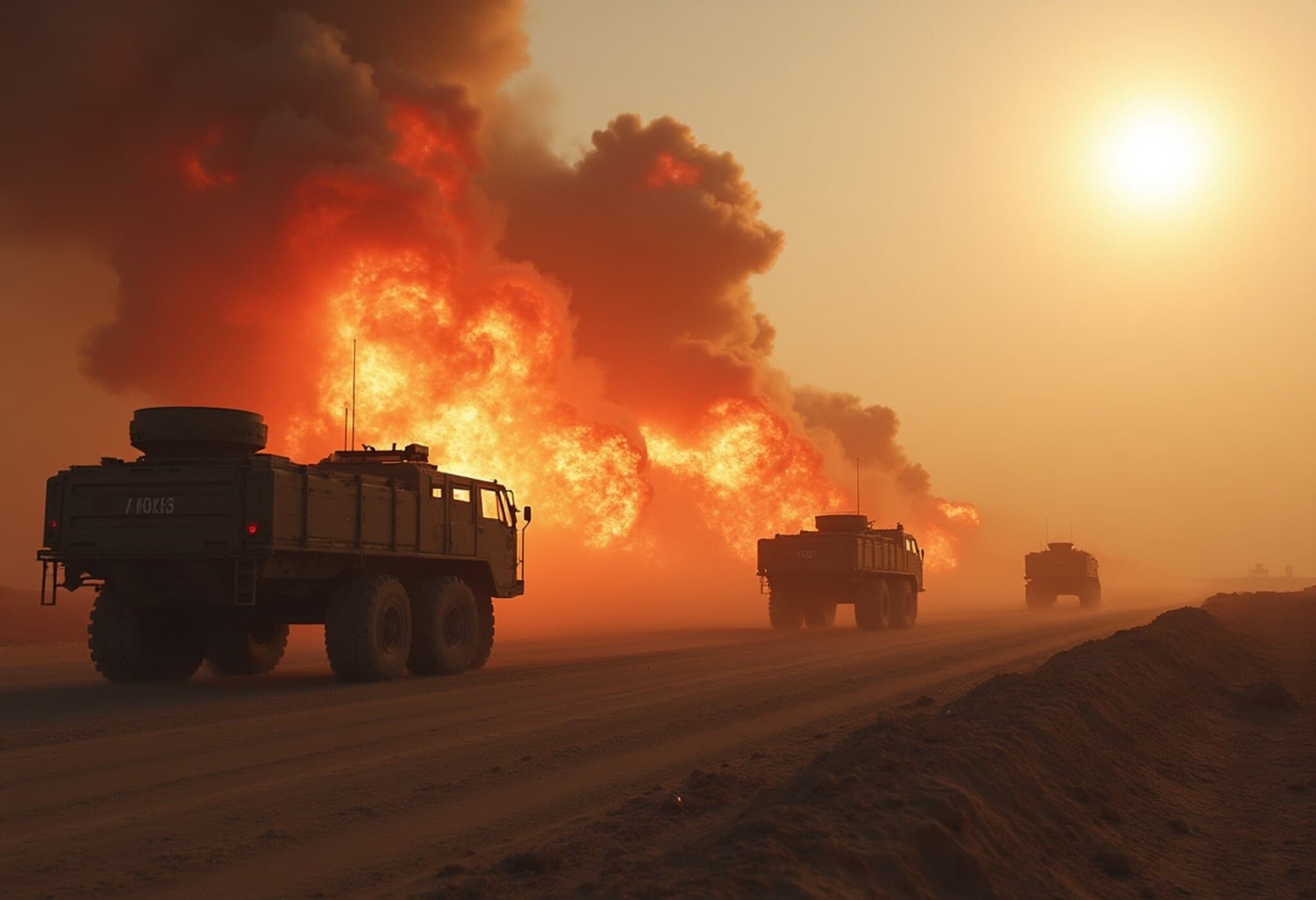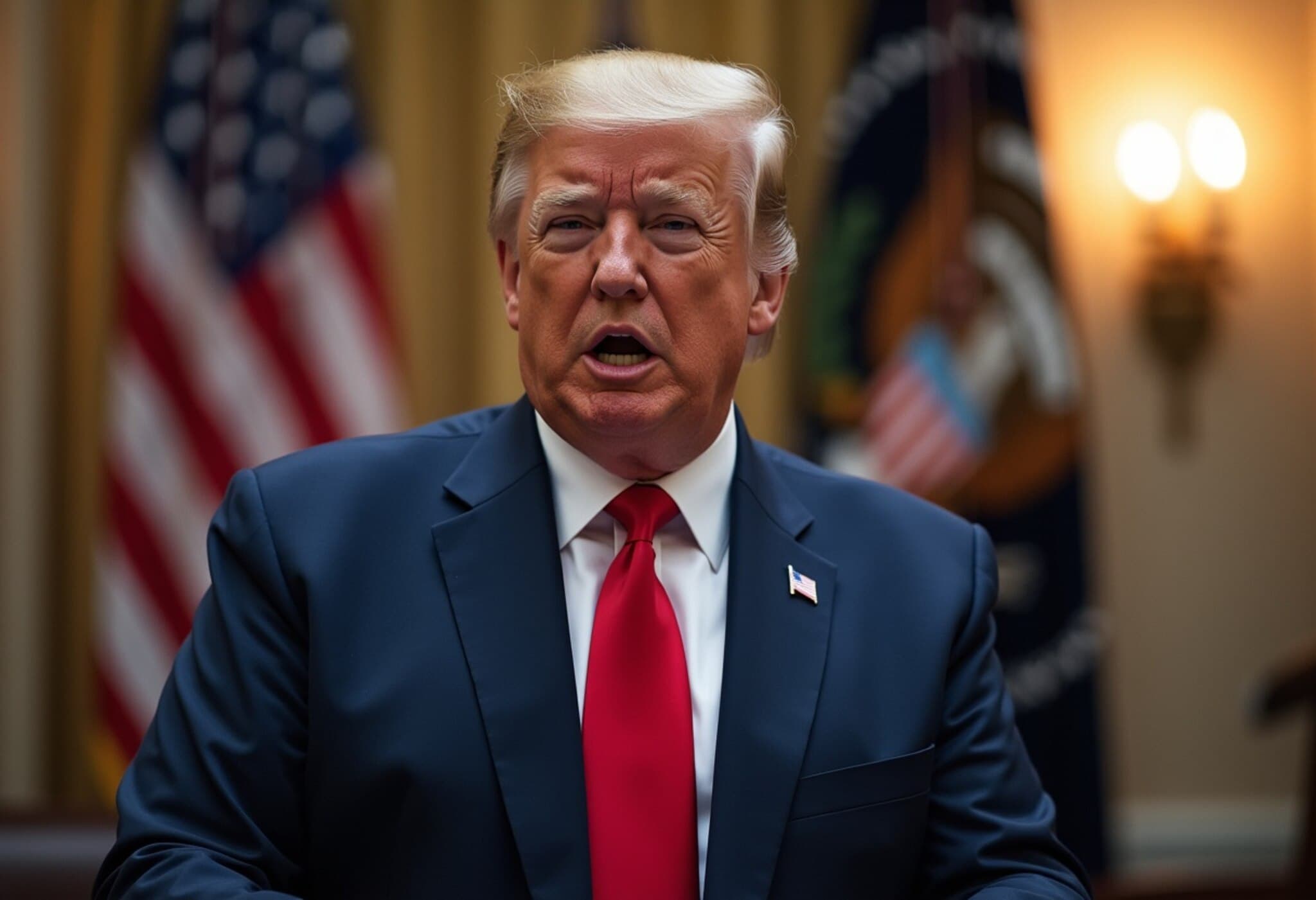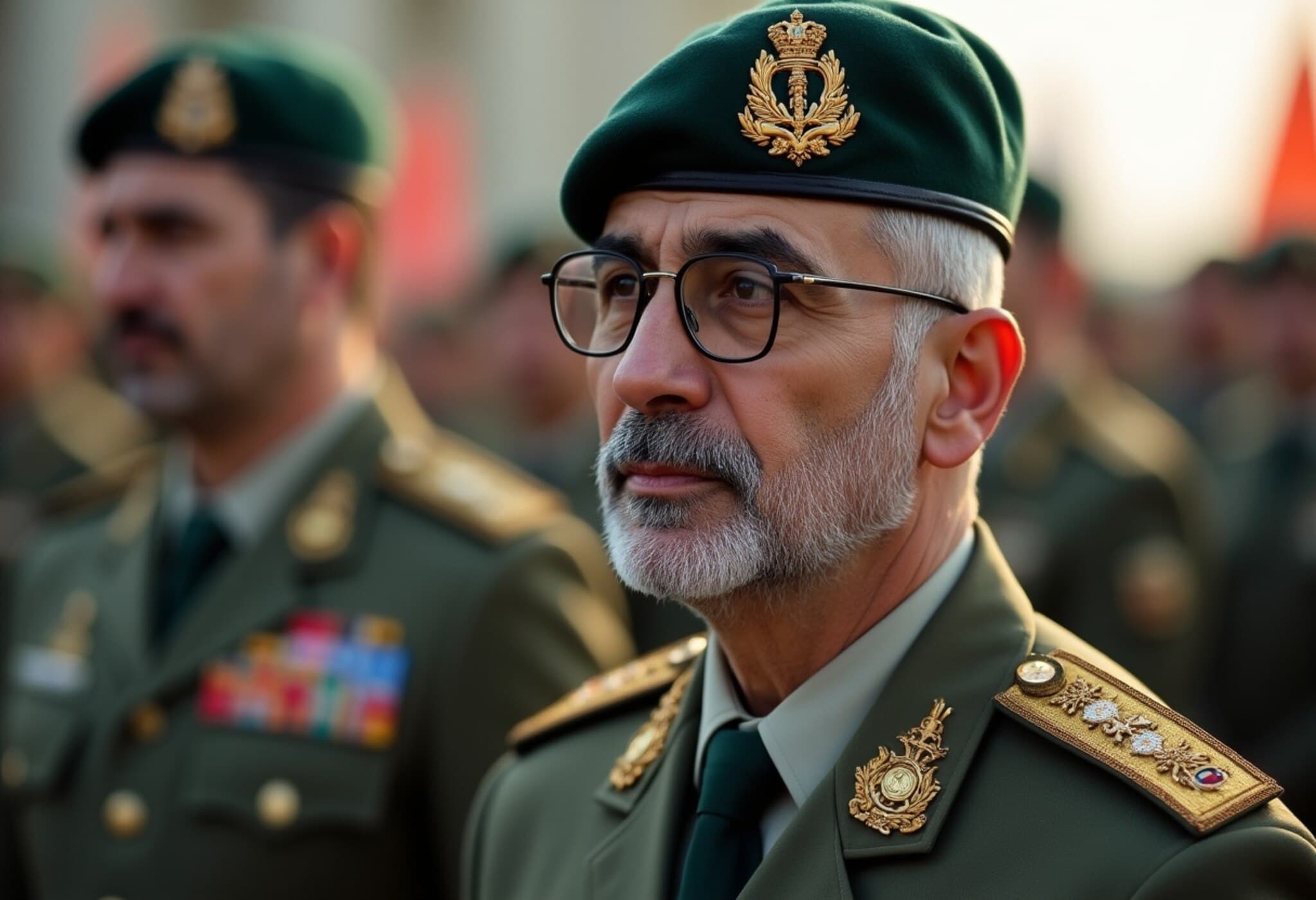Trump's Crucial Countdown: Diplomacy or Military Action in Two Weeks?
In a tense and closely watched development, US President Donald Trump has announced a two-week period to decide whether the United States will back Israel’s military campaign against Iran or instead seek a diplomatic solution amid escalating conflict in the Middle East.
A Delicate Balance Between Threats and Talks
Following a wave of intense Israeli strikes against Iranian targets, including nuclear facilities and senior military figures in the Islamic Revolutionary Guard Corps, Trump’s administration appears to be weighing its options carefully. White House Press Secretary Karoline Leavitt highlighted the president’s message: “There’s a substantial chance negotiations may occur with Iran soon, and I will decide within the next two weeks whether to proceed militarily or not.”
Ongoing US-Iran Diplomatic Engagement
Behind the scenes, diplomats report an increase in direct and indirect communication between Washington and Tehran. Notably, US Special Envoy Steve Witkoff and Iranian Foreign Minister Abbas Araqchi have held multiple phone conversations since the Israeli strikes commenced. These talks mark the most meaningful dialogue since unsuccessful negotiations in Oman and Italy earlier in 2025.
Diplomatic sources reveal that Iran has set a firm condition: cessation of Israeli attacks before it can return seriously to the negotiating table. Tehran remains resistant to a May 2025 US proposal for a regional uranium enrichment consortium outside Iran, though some officials have indicated possible flexibility if international pressure can halt the conflict.
European Powers Step Up Efforts
Meanwhile, Britain, France, and Germany are boosting their own diplomatic push. The trio has convened high-level talks with Iran in Geneva, marking the first in-person negotiations since hostilities escalated. This move aligns with Trump’s openness to dialogue, signaling a coordinated global attempt to steer the region away from open war.
The Stakes Are High
President Trump’s oscillation between military threats and diplomatic outreach underscores a widening rift within his political base. The decision carries weighty domestic risks — while heightened military involvement could alienate voters wary of prolonged conflict, it might also reinforce Trump’s strongman image. Strategically, the US has already increased its regional presence with 40,000 troops deployed (up from the usual 30,000) and recently relocated 27 military refueling aircraft to Europe, suggesting readiness for extensive operations if required.
As the countdown ticks, the world watches closely whether diplomacy will prevail or the Middle East braces for further escalation.

